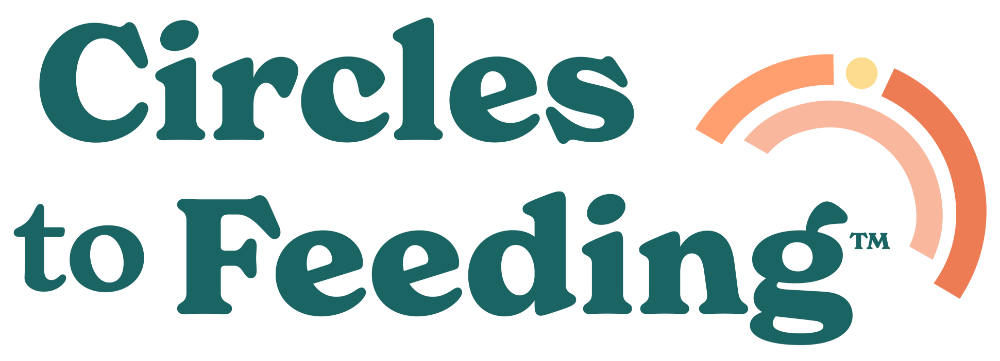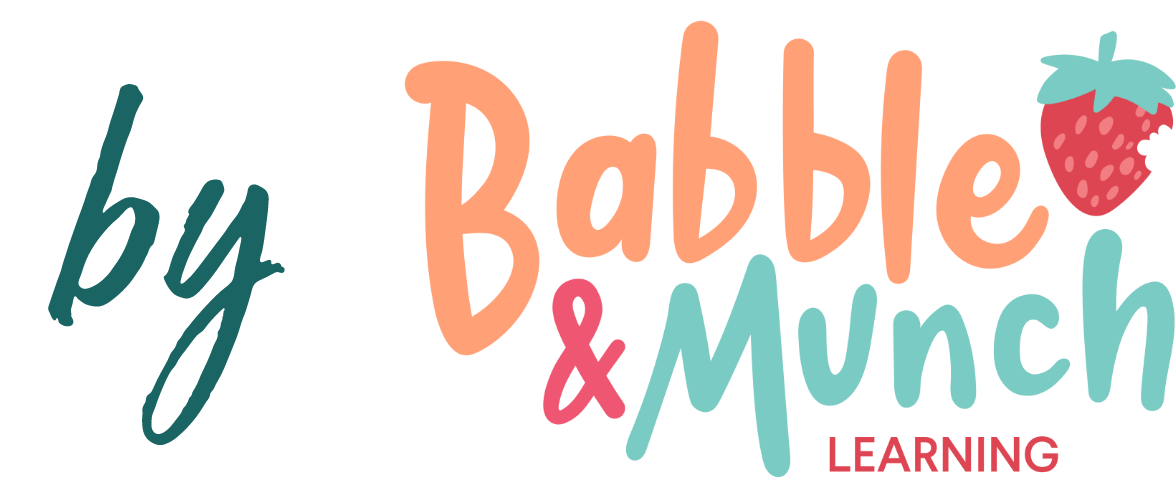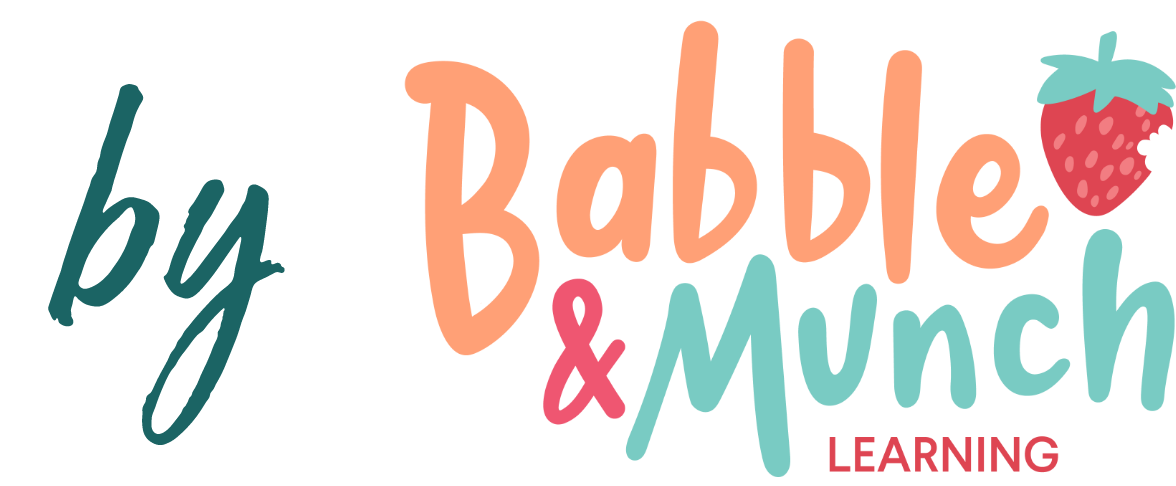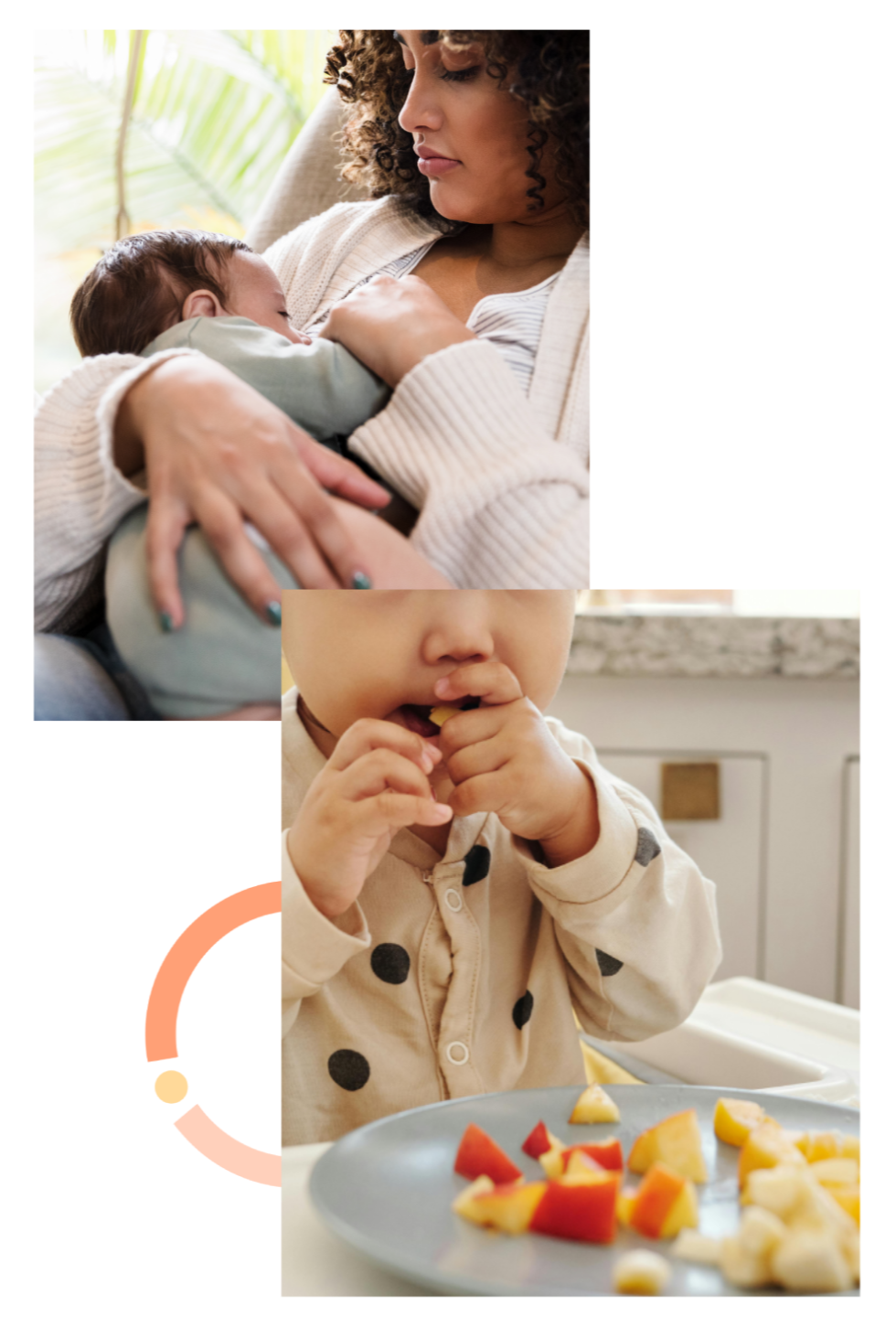
What’s Included
#1 – Recorded video modules (~5-6+ hrs)
Access all pre-recorded modules through your secure login. Watch, pause, and revisit as often as you like during your 6-month access period.
#2 – Downloadable learning resources
Slides, notes, and practical handouts to support your learning and use in clinical practice.
#3 – Screening tools
Flowcharts, red-flag checklists, and decision trees to support screening, referral, and reasoning in your practice.
#4 – Hypothetical case study
Follow a step-by-step case woven across several modules, applying what you’ve learned to a clinical scenario that mirrors real-world practice.
#5 – Practical activities & guided reflection
Opportunities woven throughout the course to apply concepts to clinical scenarios, with structured reflection questions to help you connect learning to your own caseload.
An optional next step for therapists
If you’re a speech pathologist, occupational therapist, physical therapist, or dietitian, you’ll also have the opportunity to continue your learning in the Feeding Therapy Lab – our mentoring and professional development community designed for therapists who have completed one of our courses.
What therapists are saying about our other courses…
This was a FANTASTIC course. I took it as a clinician who was already doing paed feeding and still learnt lots. Suitable for clinicians at any stage of their feeding career. It increased my confidence and the way Carly presents is just so practical you can implement straight away. Highly recommend to anyone thinking about it.
- Jessica, Speech Pathologist
About our Infant course


I’d absolutely recommend the Babble & Munch Paediatric Feeding course to any therapist looking to build their confidence and deepen their understanding of feeding development. The content is practical, evidence-based, and clearly presented. I especially appreciated how it bridged theory with real-world strategies I could use straight away. Whether you're new to feeding or looking to refine your skills, this course is an excellent investment in your clinical toolkit
- Stacey, Occupational Therapist
About our Pediatric course

Course Modules & Agenda
Pre-Recorded Video + Additional Resources
As this course is being pre-sold while it is being built, specific timing is to be confirmed. It is likely to be available mid-February 2026.
Part 1
The Comfort Lens
- Welcome & orientation
- Scope of practice and ethical considerations
- Why comfort matters in feeding therapy
- The Circles to Feeding Approach and how it relates to GI comfort
- How GI discomfort contributes to feed refusal, aversion, and regressions
Part 2
Foundations in GI & Allergy
- Overview of the gastrointestinal and immune systems
- IgE and non-IgE allergy mechanisms
- Important conditions: reflux, cow’s milk protein allergy/intolerance, EoE, FPIES, constipation
- Signs, symptoms, and feeding impacts across conditions
- Typical pathways to diagnosis and management approaches
Part 3
Identifying GI Discomfort
- Screening for GI and allergy-related feeding difficulties
- Key red flags and questions to ask in case history
- Observing behaviours and feeding cues that indicate discomfort
- Differentiating GI-related issues from sensory, relational, or other feeding challenges
- Decision trees and available tools – strengths and limitations
- Case application exercise (hypothetical scenario, part 1)
Part 4
Collaborating & Supporting Families
- Referral pathways: when and who to refer to (gastroenterology, allergy, dietetics)
- Communicating effectively with medical teams while staying in scope
- Comfort-first therapy strategies to support feeding while medical investigations are ongoing (positioning, pacing, sensory and environmental supports, reducing pressure, building positive associations)
- Case application exercise (continuing scenario, parts 2 & 3)
Conclusion
- Review of learning outcomes
- Bringing it back to the Circles to Feeding™ model
- Feedback and next steps
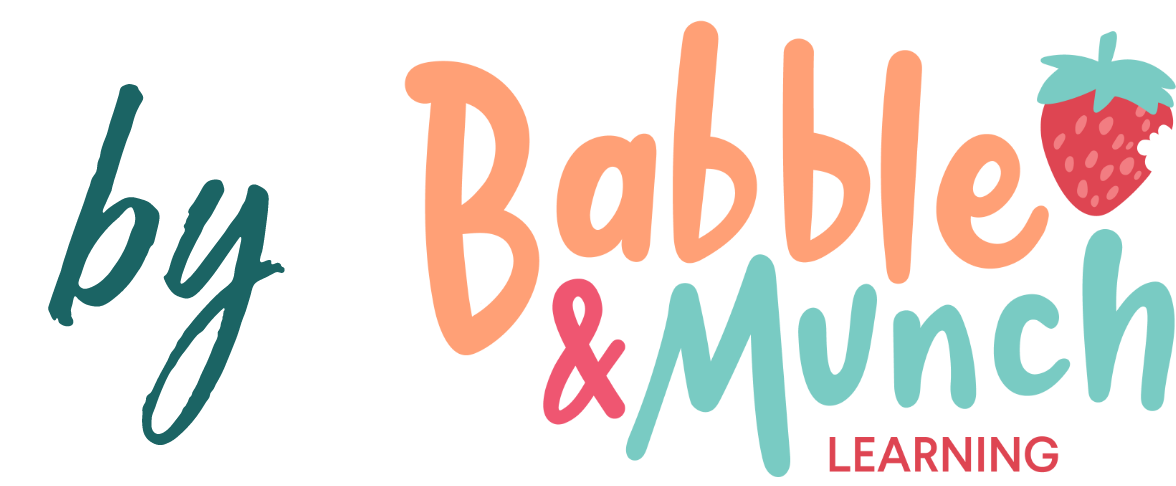

Hey, I’m Carly!
I’m Carly Veness, CPSP, IBCLC, MSPA – a Certified Practising Speech Pathologist and International Board Certified Lactation Consultant (IBCLC) based in Melbourne, Australia. I bring over 20 years of experience in clinical and research roles.
I am the founder of Babble & Munch Feeding Therapy, a private practice focused on infant and child feeding, and Babble & Munch Learning, an international training and professional support program for health professionals working in paediatric feeding. I am also the founder of the Circles to Feeding™ Approach. I hold an appointment at the Royal Women’s Hospital in the Neonatal Intensive & Special Care Unit and have a Graduate Diploma of Infant & Parent Mental Health.
Through both my work with families and my own experiences, I’ve built deep expertise in the impact of gastrointestinal and allergy conditions on feeding. I’ve seen first-hand how GI discomfort and allergies are often overlooked as key contributors to feeding difficulties, leaving families searching for answers and feeling unheard.
That experience, combined with over two decades of practice, has driven me to become one of the few people internationally teaching in this area. With so little training available for health professionals, I’m committed to filling the gap by bringing together evidence, practical tools, and my comfort-first Circles to Feeding™ approach, so more professionals can feel confident supporting children and families in this space.
Presenter Disclosures:
Financial: Carly receives income from Babble & Munch Learning, including this course and the Feeding Therapy Lab. Carly receives income from her clinical practice, Babble & Munch Feeding Therapy.
Non-Financial: Carly is the parent of a child with feeding difficulties and shares some details from her own experiences.
Babble & Munch Learning is an ASHA CE Approved Provider.
ASHA CEUs can not yet be confirmed. Information about ASHA CEUs will be provided after the end of pre-sale, once course run-time has been confirmed.

You + this course
= greater clarity in a complex area
Gain practical tools and a comfort-first perspective to better support children with GI and allergy-related feeding challenges. Watch anytime at your own pace, with 6 months of access.
SAVE $100 WITH PRESALEWhat therapists say about learning with Carly
The comfort of knowing that I can present a case and ask questions as they arise with each particular client as well as the ability to access resources quickly have given me the confidence I require to be able to work in this area of our profession.
- katie, Speech Pathologist, Australia
About our Feeding Therapy Lab mentoring membership


Carly is a fabulous teacher who teaches you every step of the way, from case history, to eval, to writing up the report, and then treatment. Love that the goals are more strengths based and the focus on "raising a child who feels good about food". You will be able to implement the ideas on day 1 into your practice!!
- Andrea, Speech Language Pathologist, USA
About our Pediatric course

How much?
PRESALE PRICE - AUSTRALIAN/NZ
$497 AUD + GST
$397 AUD + GST
GST is added at checkout for Australian participants
- $100+ presale discount included
- Full course access for 6 months
- 4-part online course
- Downloadable learning resources
- Screening tools, checklists, and decision trees
- Practical activities and reflection prompts
- Certificate of completion provided
REGISTER NOW FOR PRESALE PRICE
Presale price for limited time. Course starts mid-February 2026, date to be confirmed.
PRESALE PRICE - INTERNATIONAL PARTICIPANTS
$397 USD
$297 USD
GST is excluded for participants outside Australia
- $100 presale discount included
- Full course access for 6 months
- 4-part online course
- Downloadable learning resources
- Screening tools, checklists, and decision trees
- Practical activities and reflection prompts
- Certificate of completion provided
REGISTER NOW FOR PRESALE PRICE
Presale price for limited time. Course starts mid-February 2026, date to be confirmed.
PRESALE Closes Soon
00
DAYS
00
HOURS
00
MINS
00
SECS
Frequently Asked Questions
How long is the course?
When does the course open?
How long do I have access?
Is the course live?
Do I get a certificate?
Are ASHA CEUs available?
Who is the course suitable for?
Can I get a discount?
What if I’m a student or part of a team?
Do I need previous feeding training to do this course?
Can I arrange for any special accommodations to participate?
What is your cancellation policy?
What if I have feedback or a complaint?
© 2025 BABBLE AND MUNCH LEARNING. ALL RIGHTS RESERVED.
